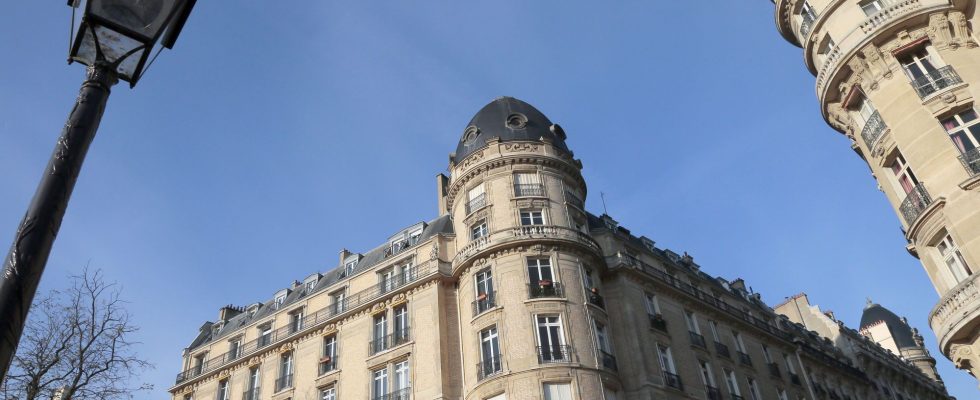It is now a well-established event, a marker of the political and economic return. On August 28 and 29, the Meeting of Entrepreneurs of France – grand barnum of the Medef – will like every year praise the spirit of initiative, business creation, commitment. On paper, the situation of French companies is rather comfortable. Admittedly, recruitment difficulties haunt the bosses. And rising interest rates threaten the most indebted companies. In fact, bankruptcies have returned to pre-pandemic levels, but the wall of bankruptcy filings so often announced has not materialized and business creations fluctuate year after year at high levels.
But do you make a fortune by creating your box? Thorny question as we are sorely lacking in figures to answer it. According to the latest INSEE statistics available, dating from 2018, the median wealth of business leaders, craftsmen and traders included, was globally equivalent to that of a private executive, and nearly 40% lower than that of exercising a liberal profession. The pandemic has hardly changed photography. And yet, France has more and more millionaires.
At least that’s according to the latest annual global wealth report from investment bank UBS. While the question of purchasing power haunts people’s minds, we learn that France is now home to just over 2.8 million “millionaires”, almost 9% more than in 2021. France would host even almost 5% of the world’s millionaires.
The real estate elevator
Everything would be fine if these statistics were the encrypted mirror of a successful social ladder. In reality, this enrichment is largely passive because only linked to the increase in real estate prices. The share of stone in the heritage of the French even reached its highest level since the beginning of the century in 2022. Quietly, it is a France of rentiers that is emerging, a source of growing wealth inequalities that are less and less bearable while first-time buyers have deserted the market.
In 2017, Emmanuel Macron presented himself to the French as the candidate wanting to unbolt the annuity. A promise quickly buried, like the highly radioactive construction site of the taxation of large inheritances. In 2023, while the president is looking for a last breath to save a badly embarked five-year term, a real liberal policy that encourages risk and discourages rent would make sense.
